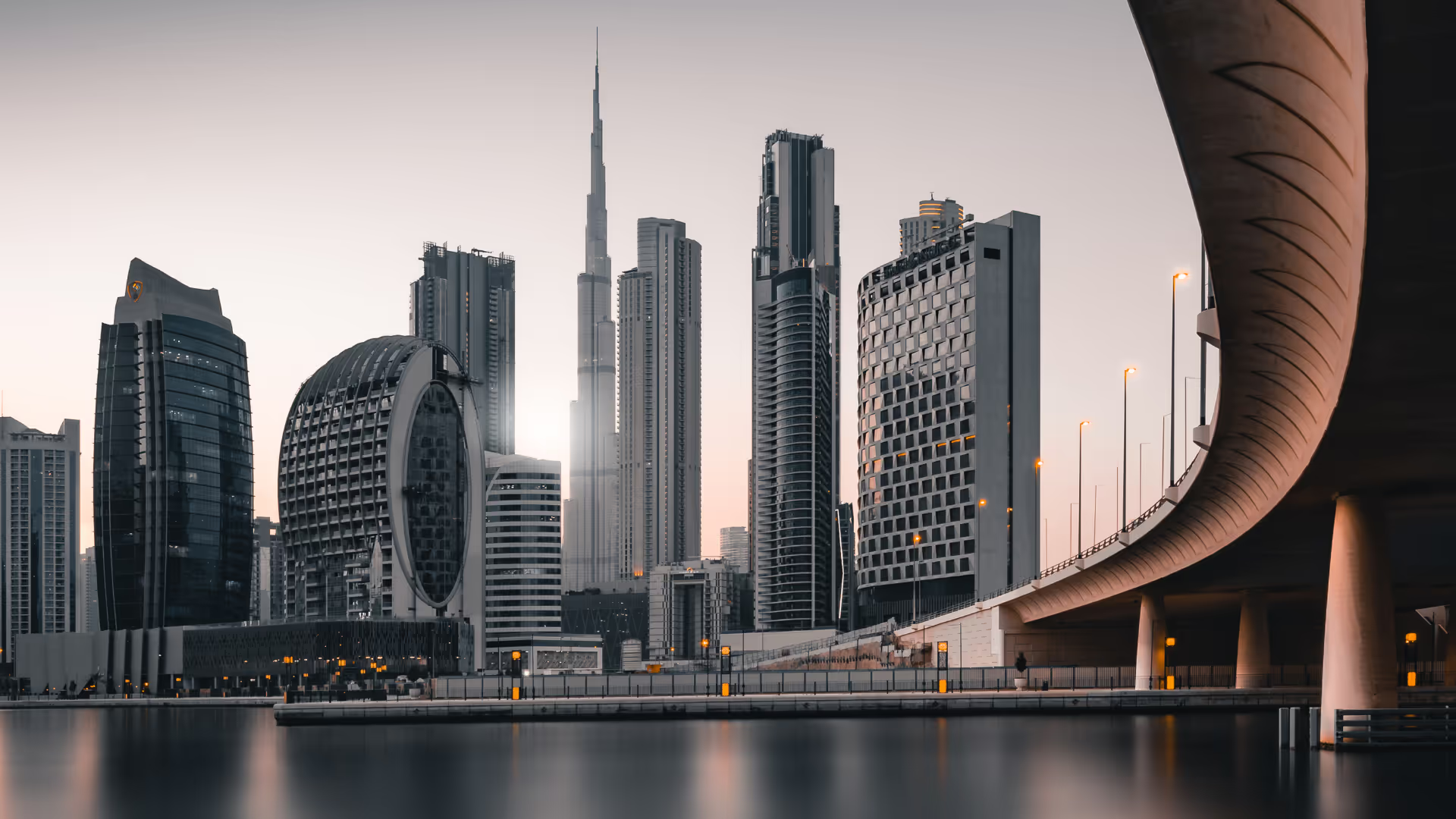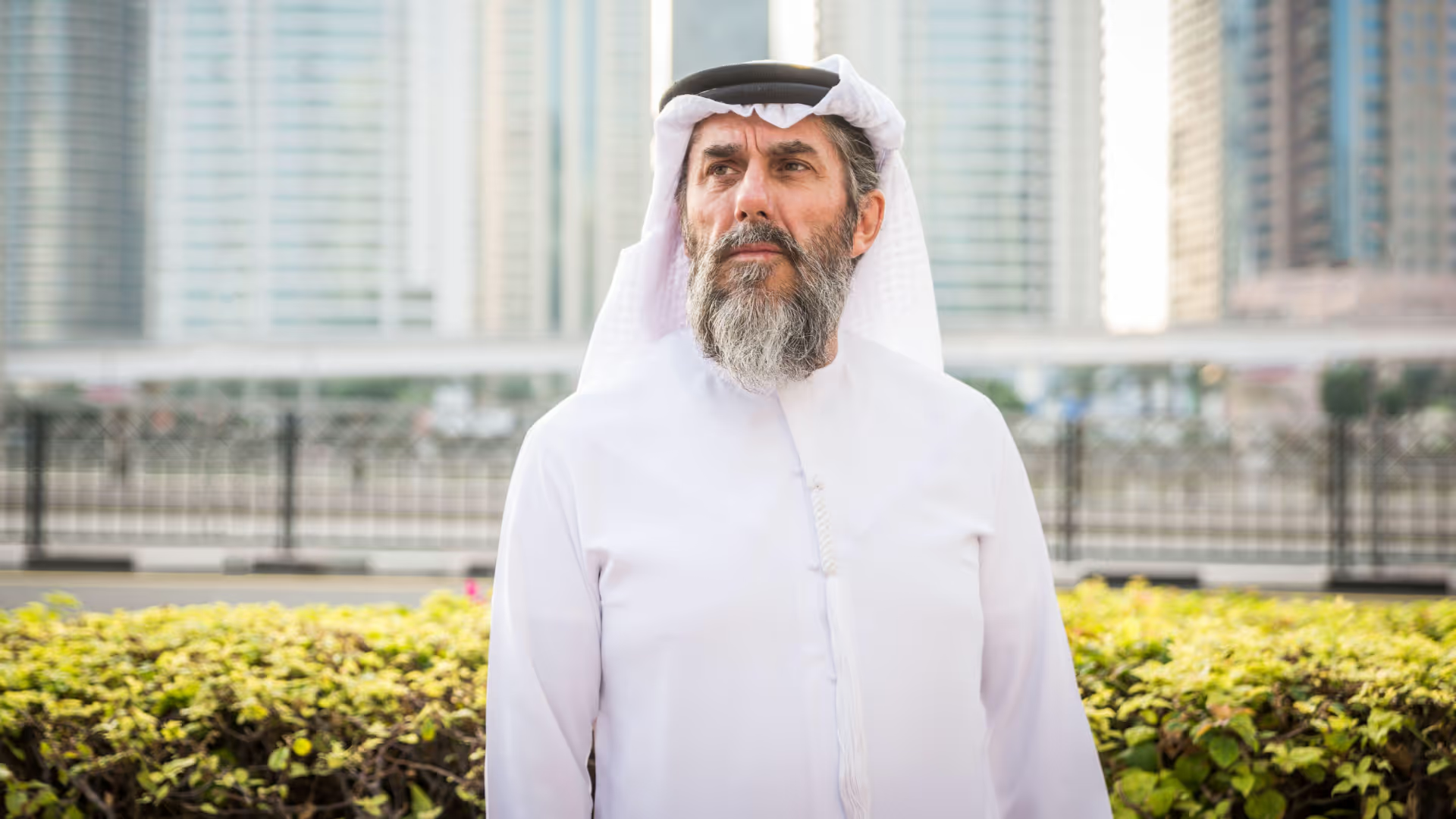
How to Navigate a Dubai Real Estate Transaction: Common Legal Mistakes and Key Considerations
At LY Lawyers, we are conscious of how thrilling yet intellectually complicated a Dubai real estate transaction may be. Whether you are purchasing, selling, or investing, you will have to consider several legalities. Below, we highlight some common legal mistakes, key differences in Dubai's property law, and some important considerations for any party involved in a real estate transaction.
1. Common Legal Mistakes in Real Estate Transactions
For Buyers: Most buyers enter into real estate transactions without exercising due diligence on the transaction. This is in the form of checking on the reputation of the developer, applying for liens or disputes on the property, and verifying project approvals. The other common problem occurs when one signs incomplete documents or issues deposit cheques prematurely. Thirdly, there is also an undue reliance by buyers on representations made by real estate agents or developers. For instance, handover and completion dates are taken on the surface without prompting critical questions such as whether the property is mortgaged or if there are multiple owners. Buyers often attempt to handle legal matters themselves, from document preparation through property inspection, as if they knew better than the professionals. These frequent "do-it-yourself" lawyering often leaves open many of the legal details and possible legal perils. The simple rule is to seek appropriate professional advice in all legal matters and make sure one knows what financial commitment is being made.
For Sellers: The common mistake of the seller is to rely entirely upon agents without working directly with the buyer to understand what exactly he needs. Delays in delivering within the agreed timeline or completing some documents could lead to disputes, particularly over deposits, which, at times, are retained by brokers. Secondly, many sellers do not understand the related legal obligations, such as the penalties applied to early mortgage settlements or the transferring requirements.
2. Key Differences in Dubai's Property Law in Regards to Foreign Ownership
In fact, Dubai is generally one of the most foreign-investor-friendly cities in the UAE, with freehold areas around, specially designed to be sold to foreigners. Nevertheless, not all Dubai areas are classified as freehold. The older districts in Dubai, such as Jumeirah and pieces of "Old Dubai," may not be available for foreign ownership. In turn, other emirates offer fewer freehold areas, thus less number of possibilities foreign investment could have. Another privilege entitled to the foreign property investors under the Golden Visa program in Dubai is being accorded a long-term visa when buying property valued at more than AED 2 million. Visa options exist for properties worth from AED 700,000 to AED 2 million, but for a shorter term. Other specific laws an investor should be aware of are those providing for property ownership in special jurisdictions like the DIFC and ADGM.
3. Legal Considerations for Off-Plan Purchases
Off-plan is popular in Dubai, but it comes with its separate legalities. The buyer should ensure the developer is fully registered with the RERA and that the project is registered. Payments to be made into a dedicated escrow account for the project protect your investment. The payment scheme, the time schedule of the construction and all other terms and conditions in the sales agreement must be clearly known. The buyers should maintain all records, receipts and invoices, as well as correspondence with the developer. Some special care of property specifications, such as hotel apartments or exclusive management agreements, is especial object of attention for off-plan buyers.
4. Protections for Developers - Recourse for Buyers
Developers in Dubai have to meet very strict requirements in terms of licensure by proving experience, financial stability, and ownership or control of the project land. Developers must also maintain escrow accounts in order to ensure that funds allocated for any given project are used for construction purposes only. On the other side, buyers enjoy considerable legal protection. From the regulatory perspective, Dubai's property laws are channelled through RERA and the Dubai Land Department, DLD, which provide several remedies for buyers in case the developer either delays completion or, worse, fails to deliver. Buyers can refer to established legal precedents and even block properties during disputes. In case a developer defaults or breaches the contract, buyers also have the right to complain to RERA and take legal action against developers. In this way, buyers' investments are protected by knowing options may be availed of.
5. New Legal Regulations in 2024
The year 2024 brought some new regulations to Dubai aimed at bringing further transparency and compliance into the real estate sector. Among these are:
- Tighter AML laws, which shine more scrutiny on brokers and agents.
- Stricter regulations on cold calling and advertising real estate to ensure better quality marketing.
- Greater utilization of blockchain technology to ease transactions and reduce the possibility of fraud.
These changes in legislation head toward a more secure and transparent real estate market for buyers, sellers, and investors.
6. Legal Action if Something Goes Wrong
Real estate dealings may not always go the way one would wish. If there is a dispute, much will depend on the exact conditions of the contract and the nature of the parties. Often, such disputes can be resolved with mutual agreement, but when that avenue does not work, buyers and sellers have to resort to taking legal action. The Dubai courts have been very efficient in dealing with cases related to real estate, which in turn are well-supported by established legal precedents. The DLD can also be approached for mediation by the buyers and sellers, although the success rate is not that sure and depends on the seriousness of the agreement between both parties.
7. Protection Against Fraudulent Transactions
It is one of the most regulated real estate markets, where frauds are minimal, especially for buyers dealing with registered developers and where the transaction of the sale is conducted through escrow accounts. There may also be other payment plans, like crypto wallets through unregulated intermediaries; those are pretty much fraught with increased risk of fraud. The purchase of a property should be made through secure and transparent channels in order to avoid being targeted by scams.
8. Influence of Digitalization and Blockchain on Real Estate Law
In the digitalization of the Dubai real estate market, from its basic concept to the latest, blockchain technology is one of the new features that revolutionize the way in which transactions are conducted. Using blockchain provides increased visibility and hence much faster transaction times with the permanent non-editable records of property transactions involved. A few Dubai developers have also started to accept cryptocurrency for buying property, although the use of this medium of exchange remains evolving and its future regulation yet to be decided on.
Conclusion: How to Make a Safe and Legally Sound Transaction
Real estate transaction is one of the major financial commitments a person can make. Either in buying or selling, it is best to be well-informed, cautioned, and advised by legal experts to avoid common pitfalls and protect the investment.
LY Lawyers provides full legal support on all issues related to real estate transactions in Dubai, starting from due diligence and ending with dispute resolution. If you have any questions or need legal advice, please don't hesitate to contact us. Be assured that our professional team will confidently lead you through even the most complicated issues that may arise in Dubai's real estate market.

.svg)





















